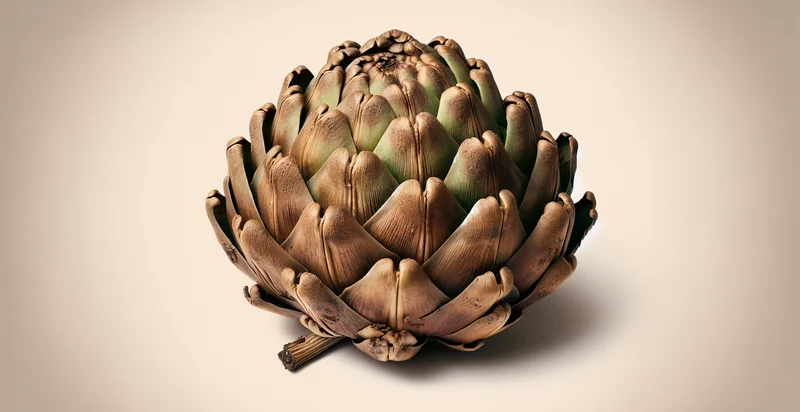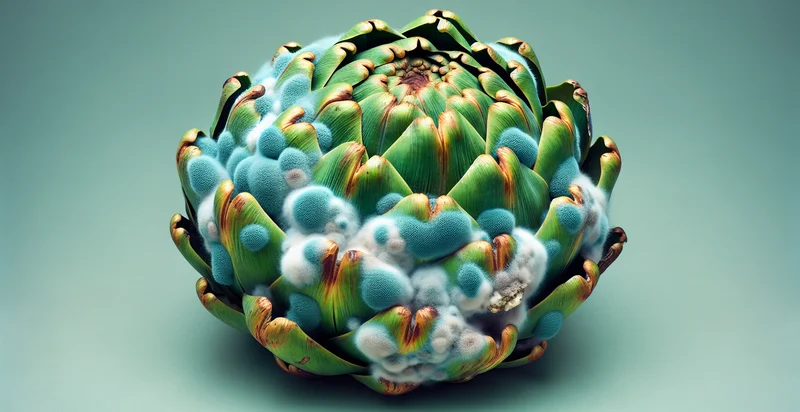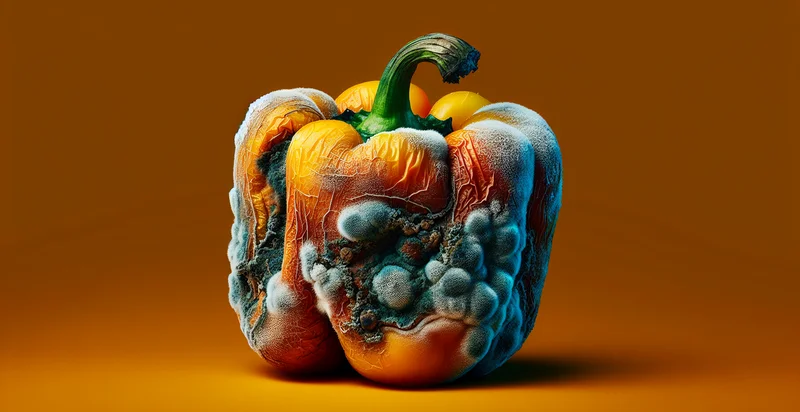Identify if artichoke is rotten
using AI
Below is a free classifier to identify if artichoke is rotten. Just upload your image, and our AI will predict if the artichoke is rotten - in just seconds.

Contact us for API access
Or, use Nyckel to build highly-accurate custom classifiers in just minutes. No PhD required.
Get started
import nyckel
credentials = nyckel.Credentials("YOUR_CLIENT_ID", "YOUR_CLIENT_SECRET")
nyckel.invoke("if-artichoke-is-rotten", "your_image_url", credentials)
fetch('https://www.nyckel.com/v1/functions/if-artichoke-is-rotten/invoke', {
method: 'POST',
headers: {
'Authorization': 'Bearer ' + 'YOUR_BEARER_TOKEN',
'Content-Type': 'application/json',
},
body: JSON.stringify(
{"data": "your_image_url"}
)
})
.then(response => response.json())
.then(data => console.log(data));
curl -X POST \
-H "Content-Type: application/json" \
-H "Authorization: Bearer YOUR_BEARER_TOKEN" \
-d '{"data": "your_image_url"}' \
https://www.nyckel.com/v1/functions/if-artichoke-is-rotten/invoke
How this classifier works
To start, upload your image. Our AI tool will then predict if the artichoke is rotten.
This pretrained image model uses a Nyckel-created dataset and has 2 labels, including Not Rotten and Rotten.
We'll also show a confidence score (the higher the number, the more confident the AI model is around if the artichoke is rotten).
Whether you're just curious or building if artichoke is rotten detection into your application, we hope our classifier proves helpful.
Related Classifiers
Need to identify if artichoke is rotten at scale?
Get API or Zapier access to this classifier for free. It's perfect for:
- Quality Control in Agriculture: This use case involves farmers and produce suppliers using the artichoke rotten identifier to assess the quality of their harvest. By quickly identifying spoiled artichokes, they can minimize waste, ensure that only fresh products reach the market, and maintain customer satisfaction.
- Food Retail Inspection: Grocery stores can implement the rotten artichoke identifier to regularly inspect incoming shipments. This technology enables staff to proactively remove spoiled produce from shelves, promoting a higher quality shopping experience and reducing food safety issues.
- Supply Chain Management: Distributors can utilize the identifier to monitor the condition of artichokes throughout the supply chain. By determining which batches are rotten, they can optimize logistics, reduce losses, and improve inventory turnover rates.
- Restaurant Inventory Management: Restaurants can integrate the artichoke rotten identifier into their kitchen processes to manage produce inventory. This helps chefs to ensure that only fresh ingredients are used in dishes, enhancing food quality and customer satisfaction.
- Food Waste Reduction Programs: Non-profits focused on food waste reduction can leverage the identifier to target schools or food banks where spoiled artichokes might be present. By identifying and eliminating rotten items, they can improve food recovery efforts and distribute more safe, edible produce to those in need.
- Eco-Friendly Packaging Solutions: Companies developing biodegradable packaging can use the identifier in their R&D processes. By evaluating the effectiveness of their packaging in preserving artichoke freshness, they can innovate and improve their products to extend shelf life and reduce spoilage.
- Consumer Apps for Home Kitchen Management: Developers can create mobile applications for consumers that include the artichoke rotten identifier as a feature. Users can scan their artichokes at home to receive real-time updates on freshness, enabling better meal planning and reducing food waste.


